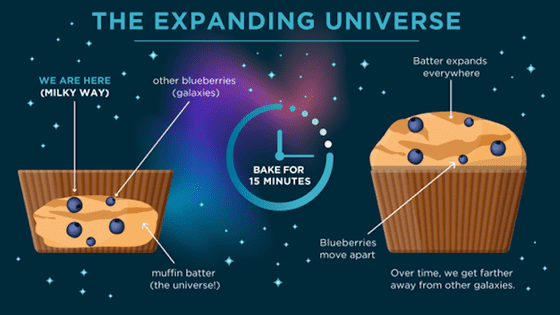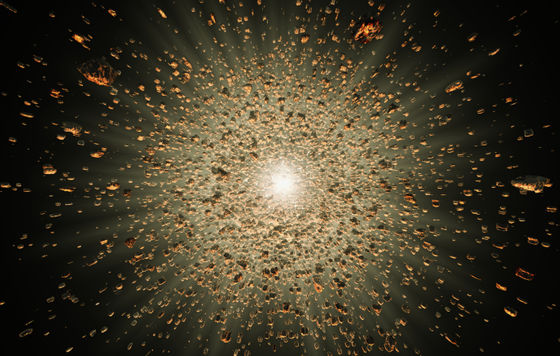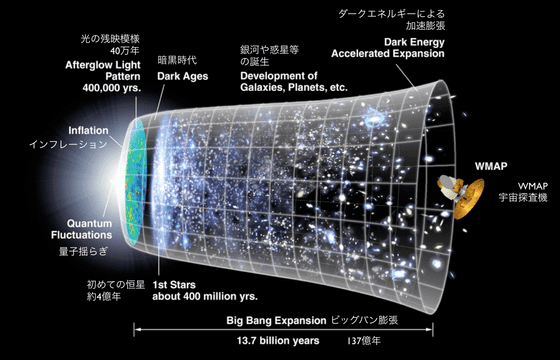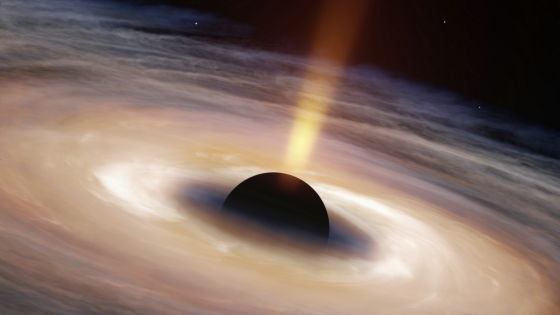Experts explain in an easy-to-understand way what it means for the infinite universe to continue expanding

Experts are divided on whether
What is the universe expanding into if it's already infinite?
https://theconversation.com/what-is-the-universe-expanding-into-if-its-already-infinite-239702
The Expansion of the Universe
According to Granucci, the image of the universe expanding is similar to the way muffin batter rises. When you put the batter in an oven and bake it, it rises, and the chocolate chips and blueberries in the batter move away from each other. At this point, the muffin batter represents the universe, the blueberries represent the Milky Way galaxy where humans live, and the other blueberries represent other galaxies.

There is only one difference between a rising muffin and the universe: when you bake a muffin, the batter rises relative to the cup, that is, it gets bigger toward the top, whereas in the universe, there is no up/down, left/right, or reference point for expansion, so it just expands relative to itself.
This is like asking, 'Which direction is further north than the North Pole?' Even Granucci, a professor of physics and astronomy who has studied the universe for many years, said he found it hard to understand intuitively.
Another way to visualize the expansion of the universe is to imagine other galaxies moving away from the Milky Way. By observing other galaxies moving away from Earth, astronomers can know that the universe is expanding and can calculate how fast it is expanding. This allows us to visualize the expansion of the universe even if there is no object expanding.

The universe is expanding in all directions, and with the exception of the Andromeda Galaxy, which is moving towards us due to gravity, almost all galaxies are moving away from the Milky Way. And the Milky Way is one of those galaxies that is moving away from us when viewed from another angle.
The Outside of the Expanding Universe
In 1922, physicist Alexander Friedman mathematically proved that the universe is expanding and contracting, overturning the conventional wisdom at the time that the universe was static and unchanging. Then, in 1929, astronomer Edwin Hubble determined through observations of distant galaxies that the entire universe is expanding, and performed detailed calculations of the rate of expansion.
In current cosmology, the universe is said to have begun with the Big Bang 13.8 billion years ago, and is currently expanding at an accelerating rate. To explain this, many scientists use an image of the universe in the shape of a funnel, known as an 'expansion funnel.'
In the diagram below, the left edge represents the beginning of the universe, and time progresses as you move to the right. The gradually widening cone represents the expansion of the universe.

So what is outside this expanding funnel? Several theories have been put forward to answer this question, including the model that there are multiple universes.
The theory of the multiverse was born in an effort to resolve a problem in modern physics, which is the inability to unify quantum mechanics, which describes the world on an extremely small scale, with gravity, which governs the macroscopic world such as the universe.
How things behave in the quantum world depends on probability and quantization, or fixed amounts of energy. Granucci says that if macroscopic energy is like a light bulb with a dimmer dial, quantized energy is like a light bulb with an on/off switch.

In the macroscopic world that humans see on a daily basis, objects are not quantized, have a continuous amount of energy, and do not suddenly appear or disappear. However, if we try to study gravity at the quantum level, we must assume that gravity is quantized, and there is no observational data to support this.
One way to connect these two systems is the aforementioned multiverse theory, in which scientists try to resolve the contradiction between quantum mechanics and gravity by postulating that there are other universes besides ours, whose gravity also affects ours.
'Either way, the universe will continue to expand, and the distance between the Milky Way and most other galaxies will get longer over time,' Granucci said in the conclusion of this article, which was contributed to Curious Kids, a children's feature of the academic news site The Conversation.
Related Posts:
in Science, Posted by log1l_ks







